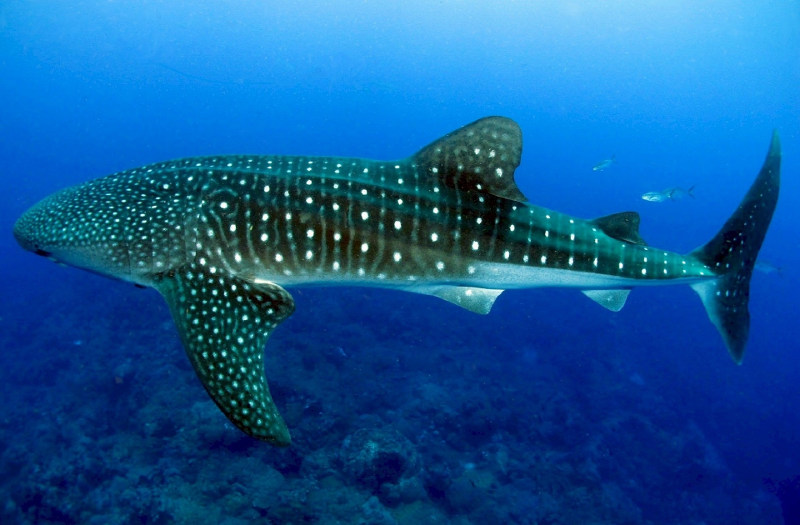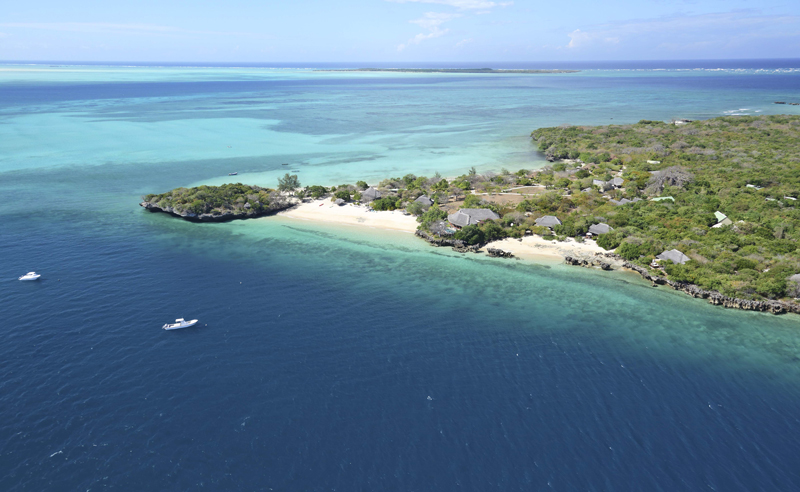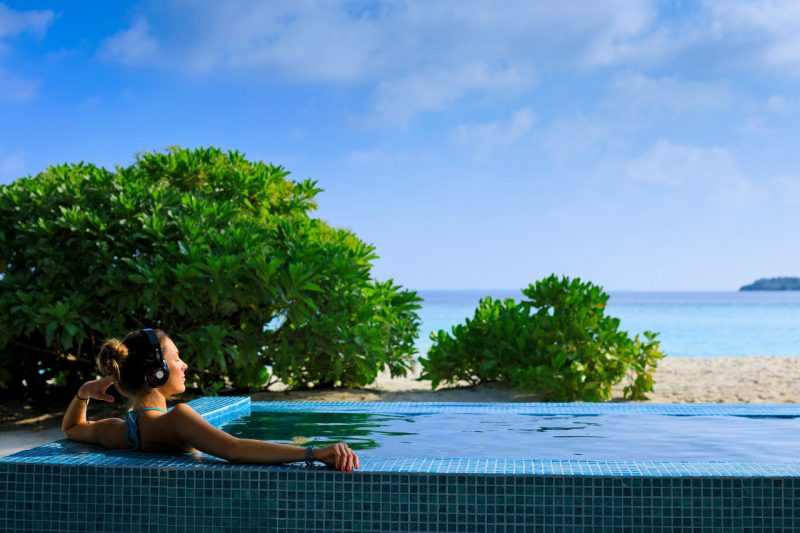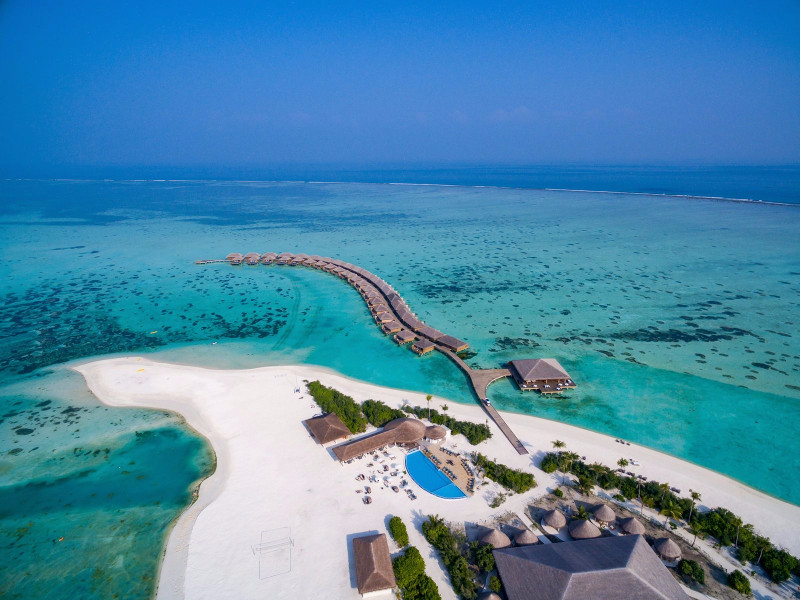Following the success of the last Rescue a Reef initiative, the US-based research organization Coral Reef CPR and the incredible Carpe Diem Maldives liveaboard has announced that it will be continuing with a programme to involve leisure divers with the chance to get involved with a worthy cause that will help protect the natural beauty of the Maldivian reefs. Read more about these amazing guided trips below:
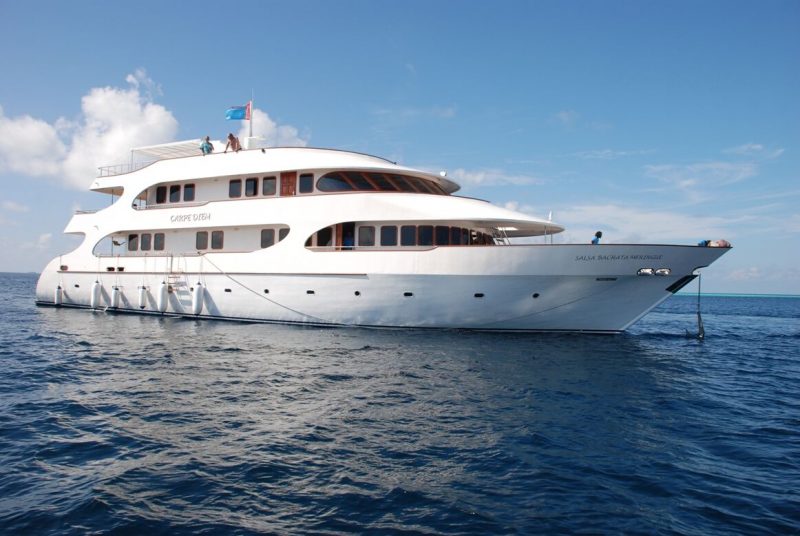
Crown of Thorns Starfish Removal with Coral Reef CPR
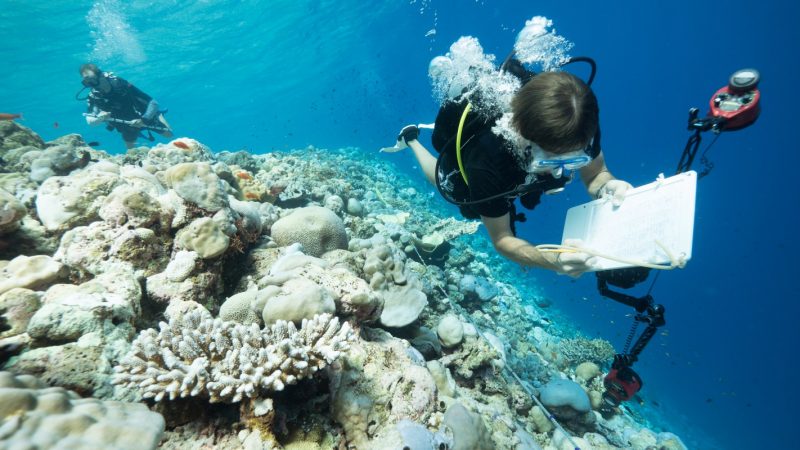
The Coral Reef CPR organisation together with the luxury Carpe Diem Maldives liveaboard has removed over 10,600 crown of thorns starfish from reefs in the Maldives since 2015. Outbreaks of crown of thorns starfish, a voracious coral predator, are a significant threat to coral reefs in the Indo-Pacific region. If outbreaks of these coral killers are not controlled immediately they will continue to spread. When severe outbreaks occur, they often exceed 1,000 animals per hectare and are capable of destroying an entire reef system in a matter of weeks.
Divers joining the 2018 Rescue a Reef expeditions can expect a hands-on role in removing the starfish from badly infested reefs. The divers will also play in important role in collecting valuable data on the behaviors of the starfish and their genetic make-up. All this research is vital to understanding why the outbreaks occur, where they originate from and what can be done to prevent a recurrence.
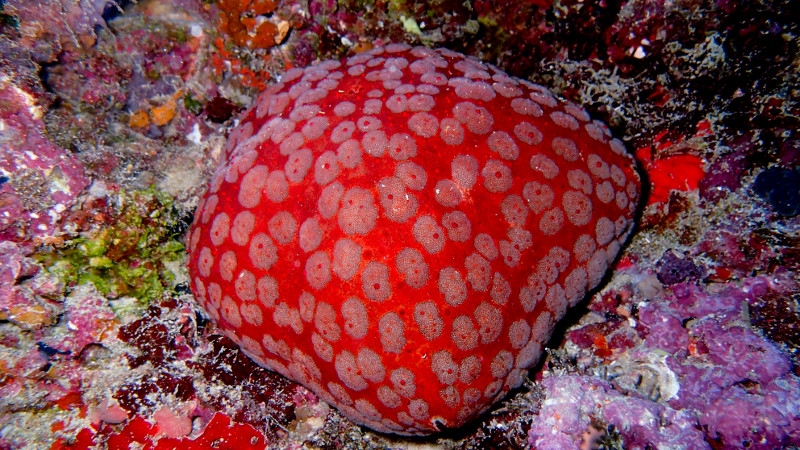
Some of the other research that divers will be involved in will be assisting Coral Reef CPR scientists with reef assessment surveys, collection of samples as well as removal of crown of thorns starfish, cushion stars and coral-eating snails. During the expedition, divers will be trained in reef conservation methods and survey methods and will also learn about coral reefs and the diverse life found on reefs. Joining these “Rescue a Reef” expeditions will provide divers with an opportunity to be part of a team who are saving thousands of hectares of reef and preventing the potential for future outbreaks.
The Great Megafauna Migration:
Track whale sharks, mantas and turtles across the Maldives.
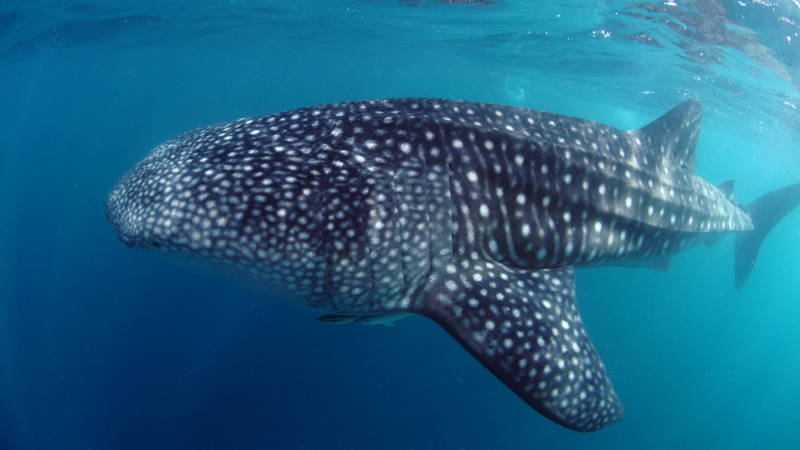
It has been well discussed amongst scientists that the Maldivian megafauna such as the whale sharks, manta rays and turtles are reacting to the changes in the monsoon seasons by moving to sites on the leeward side of the atolls. Divers that sign up for this expedition will be offered an unprecedented opportunity to explore this phenomenon. The goal of this particular Dive with a Purpose expedition is to begin the 2018 southwest season’s data collection, documenting the movements of these incredible animals.
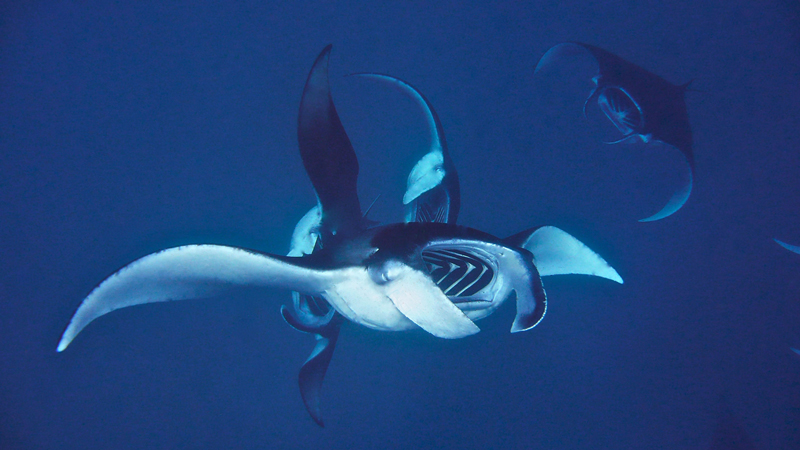
There are two monsoons in the Maldives, ‘Iruvai’ as the Maldivians call the northeast monsoon between December and April and ‘hulhagu’, the southwest monsoon from May to November. The scientists involved are wanting to discover how quickly these megafauna species transition from sites on the west coasts to sites on the east coast and vice versa.
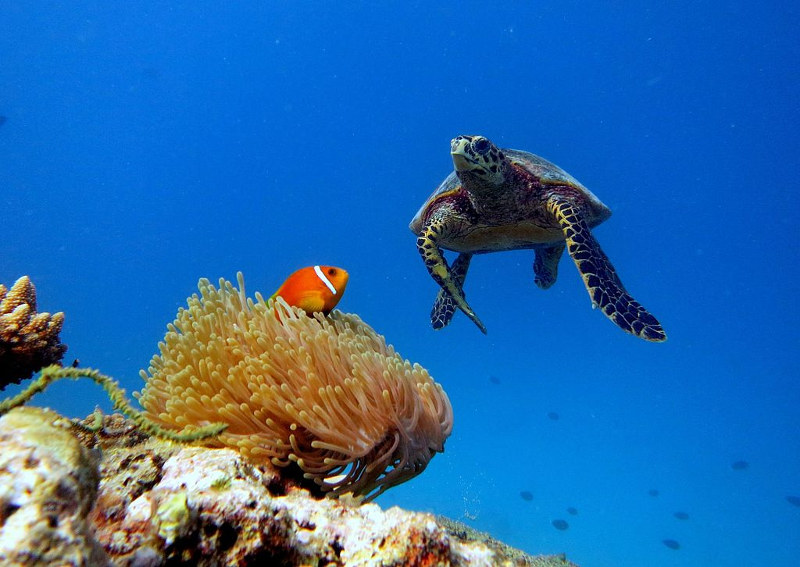
The researchers aboard the Carpe Diem will be cruising the Maldives atolls with the aim of finding whale sharks as well as manta rays and sea turtles at different points amongst the central atolls. Whale sharks, manta rays and turtles will be photo identified, with individuals compared to previous sightings in national level databases to identify movements between locations, both within and between atolls. Equipment will be deployed to gather data on current and surface weather conditions in the hope of gleaning information on how quickly the 2018 season has changed and how the megafauna has reacted to it.
Divers with an avid marine conservation interest should not miss out on this unique opportunity to work alongside expert marine biologists in the 2018 series of Dive with a Purpose expeditions from Carpe Diem Maldives.
Please contact us for more information on how to get involved in this great initiative!
On each Dive with A Purpose expedition, there can be up to 20 recreational divers. The divers must all have an Advanced PADI qualification, excellent buoyancy control and a minimum of 70 dives if possible.
The Maldives liveaboard expeditions includes:
- 7 nights aboard the assigned Carpe Diem Maldives vessel
- 3 meals daily, plus between-dive snacks
- 3 to 4 dives daily
- Use of tanks, weights and belts
- Drinking water, tea and coffee
- Airport transfers on the days of embarkation/disembarkation
- Evening workshops on marine ecology, coral reef, marine life and more
- On-board marine biologists
- GST 12%
